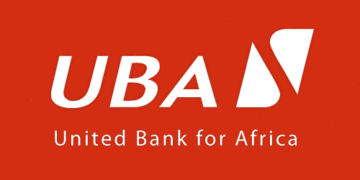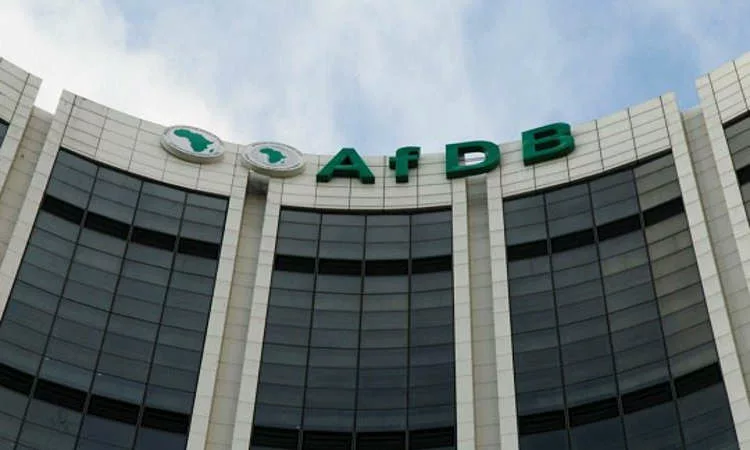The Nigerian Maritime Renaissance Network (NMRN), has faulted the proposed Nigerian Shipping and Port Economic Regulatory Agency Bill 2023 currently before the House of Representatives over duplication of other Marítime agencies functions.
In a press statement by the president of the group, Temple Isomah, the bill may suffer the failure of previous versions due to its disjointed articulation.
According to NMRN, the Bill, which has passed second reading in the House, is filled with ambiguities that can only precipitate confusion and duplications in the functions of the maritime regulatory agencies.
A statement by the Lagos-based organisation said numerous areas of the Bill lack the clarity that is essential in addressing its core purpose and to add value to port operations in the country.
Isomah, said the group watched with discomfort as the one-day hearing by the House of Representatives Committee on Shipping Services and Related Matters deviated from achievement of the presidential policy on reduction of the cost of governance to overloading the new agency emerging from the Bill with functions of other agencies and more.
He said, “the first fallout of the Bill is the evolution of a mega-agency which will be enmeshed in agency capture in view of the powers given to it to oversight the operations of other agencies in the sector. This situation will engender dirty competition and politicking that will undermine growth of the industry.
“In its present form, the Bill will produce a Port Economic Regulator that would be more powerful than even the Federal Ministry of Marine and Blue Economy, in the same way that we have a state oil company that is richer and stronger than its mother ministry and industry regulator. This should be avoided”
It also noted that the Oronsaye Report, which the Federal Government has cleared for implementation, specifically recommended the mergers of agencies and parastatals whose functions overlap and constitute duplications.
The Bill, the group said, should strike a delicate balance between reforms and creating a level playing field that ensures competitiveness that will unlock substantial opportunities for the country.
According to NMRN, the way forward is to explore further dialogue among the agencies in the industry in an unhindered atmosphere to provide clearer guidance on the appropriate articulation of their roles which would be embedded in the Bill before its passage by the national assembly.
The speed with which sponsors of the Bill are pushing for passage suggests a quest by some individuals and groups to put their interests ahead of that of the nation, it added.
Similarly, Lucky Amiwero, the president of the National Council of Managing Director of Licensed Customs Agents (NCMDLCA), said the bill would fuel conflict and create obstacles to implementation, adding that existing legislation should not be duplicated or overridden by provision.
His words: “The bill contains clauses that conflicts with other agency especially NPA 42-(a) usurping the powers of Licensing of port Service and facilities, is that of the Landlord, who is the owner of the Land , who lease/ the Land, that is Nigerian Port Authority and partial owner of the Leased/ concession facilities , Clause 2(d)(e)(g) 4-(h),(o)(p)4-(2) Clause 28-(c)(d)(e) Clause 38-(1)(a) (b)(c)(d)
“Usurping powers and conflict will create obstacles in implementation, existing legislation should not be duplicated or overridden by provision. Under Clause 70 contains the interpretation of various terms Prescribed Service, means a Person, body or Agencies which is prescribed by this bill as such; or Providing prescribed Service in Nigeria within the Meaning of Section 38 of this bill and includes: Nigerian Railways Corporation; Nigerian Ports Authority; National Inland Waterways Authority and other agencies providing regulated service of any nature in the regulated sector in Nigeria.
Recall that on Monday, May 27, 2024, the House of Representatives Committee on Shipping Services and Related Matters held a public hearing on repealing the Nigerian Shippers Council Act (Cap N133, LFN 2004) to pave way for passing the Nigerian Shipping and Port Economic Regulatory Agency Bill from which the Port Economic Regulator will emerge.
We’ve got the edge. Get real-time reports, breaking scoops, and exclusive angles delivered straight to your phone. Don’t settle for stale news. Join LEADERSHIP NEWS on WhatsApp for 24/7 updates →
Join Our WhatsApp Channel









